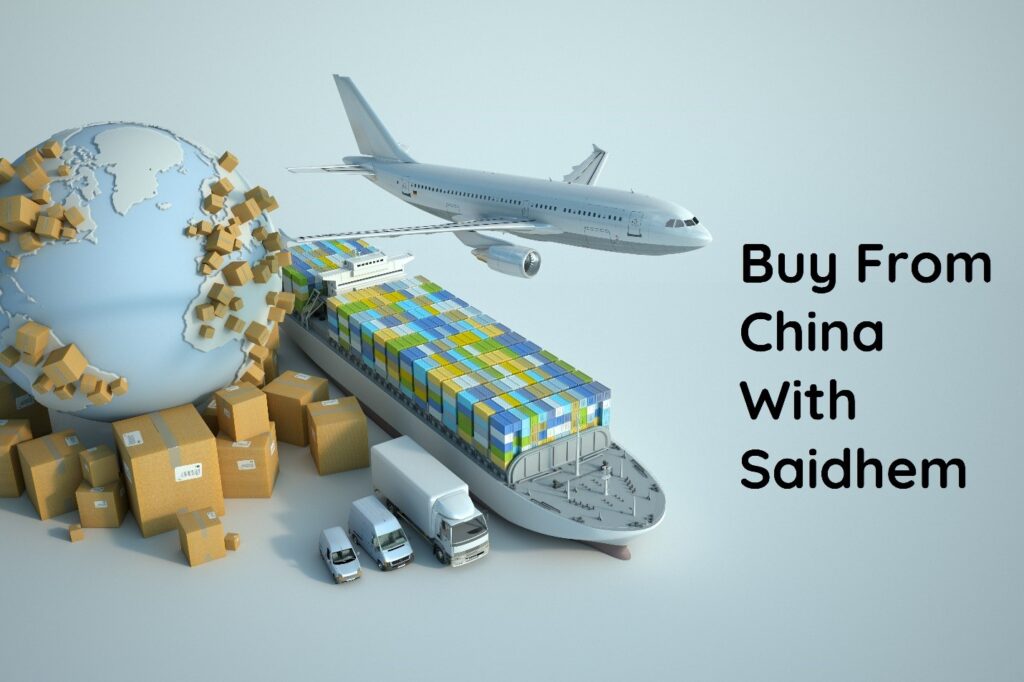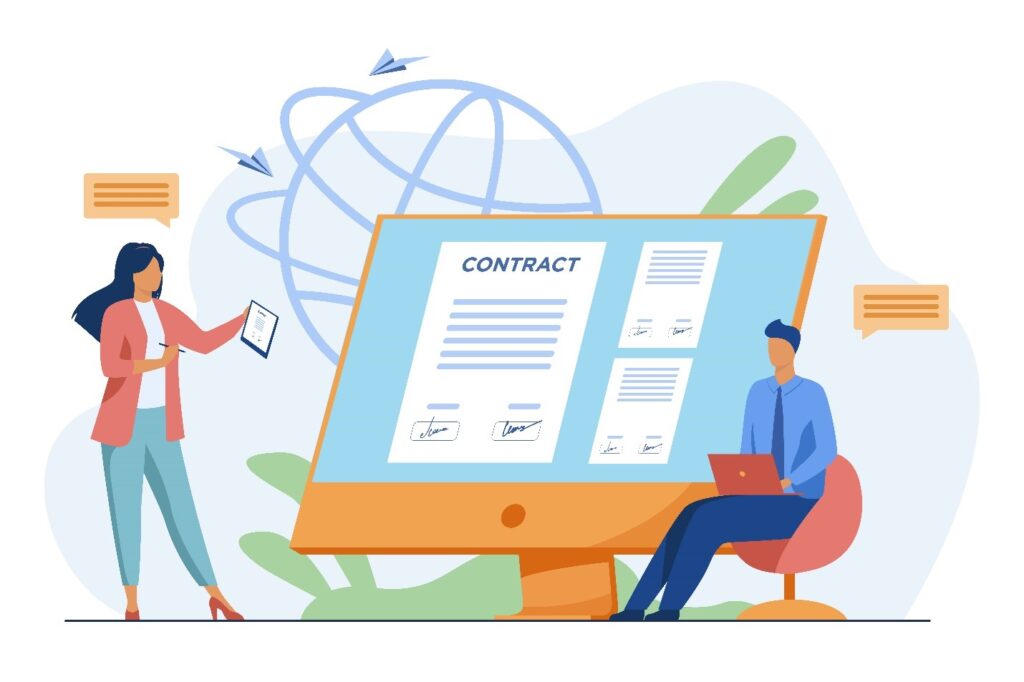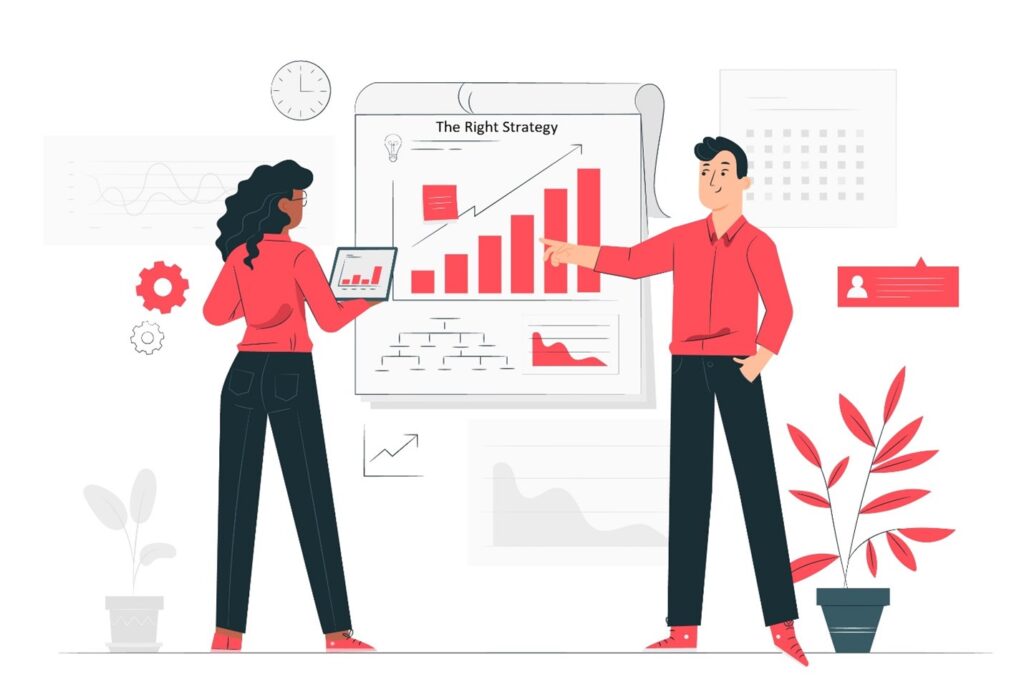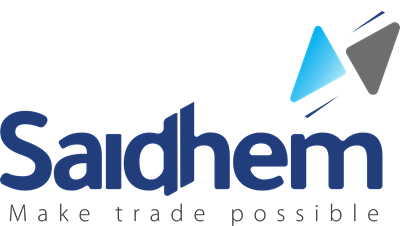
How to buy goods from China?
It is no longer a secret that buying from China for most businesses is the most successful approach while considering global sourcing.
However, it may be a complicated or confusing procedure for beginners and sometimes for old businesses, while the pandemic disruption brings many changes in how we buy our products.
First, let’s see how buying from China will change your business ecosystem by looking at the advantages of ordering from China.
- China products well-known for their low price and stable quality
- Low labour fees make Low MOQ affordable by manufacturing
- Logistics maturity creates a comfort zone for buyers
- Easy, quick and reliable transportation through air, sea, ocean and train
- Ever-expanding innovative products
- The ability to diversify your product line
- Flexibility in customs clearance and other export regulations
- Customization of products as per design, packaging and branding
- Ease of payment and secure
Many buyers find it confusing when suppliers ask about the terms (Incoterm-International Commercial Terms) they need to quote their product. And without knowing the differences between the trading terms, it won’t be easy to work out the correct cost of your products.
Find below the terms that China suppliers use mostly to trade at the international level.

Ex-work (EXW price)
Ex-works price is the price quote by the seller for the product. The seller makes the product(s) available at a specific location, either selected by the buyer or made available by the seller(let’s say, a consolidation warehouse). The buyer has to pay the transportation costs.
FOB (Free-on-board)
Many buyers misunderstand the Free-On-Board terms as per our experiences while explaining to them to clarify what they are paying during the order.
FOB terms are classified into two more common types per International Commercial Terms.
FOB Origin – is where the buyer’s risk starts once the seller ship the goods on board- the risk implies loss, damages, destruction and other acts of God.
FOB Destination- the seller retains the risk of loss until the goods purchased to reach the buyer’s door.
CIF ( Cost Insurance Freight)
CIF is an international shipping agreement between the seller and buyer, representing the charges the seller needs to cover as such cost of goods, insurance, and freight on the buyer’s order while the order is in transit by sea or ocean transportation to the buyer’s port of destination.
Afterwhich the buyer assumes the responsibility for all taxes and costs incurred on the import in the destination country.
C&F ( Cost & Freight) or CFR
C&F or CFR is the term used often in China. The seller must arrange for the carriage of goods by sea or ocean to the destination port of the buyer and communicate the necessary documents for clearing purposes. In this trade contract, the seller is not responsible for procuring the marine insurance against loss and damage to the cargo during transit.
Bill of lading
A bill of lading is a standard document used by shippers and carriers in transporting cargo through a freight shipment, primarily used as an Ocean Bill of lading. The document is used as a receipt for the freight services and acknowledgement receipt of cargo. Meanwhile, the bill of lading serves as evidence that the shipper has shipped goods to the proper destination and address and consigned them to the buyer’s proper name.
The bill of lading contains the following information:
- Vessel name
- Consignor’s and consignee’s names
- Ports of departure & destination
- Dates of departure(ETD) or arrival(ETA)
- Commodities present in cargo
- Packaging Details ( Packages, Pallets, Coils)
- Weight & Volume
Besides that, 80% of the worldwide goods are from China; the ever-changing trading mode keeps the track still complex.

What difficulties do buyers face when ordering or sourcing from China?
- Quality monitoring or inspection
- Difficulties in finding the right supplier for their specific product
- Communication issues
- Fluctuating exchange rate
- Return or refunds
- After-sales support
- Consolidation of goods
- Packaging and labelling
- Certificate and compliance with standard
- On-time delivery
- And now, during the pandemic, transportation complexities

To do a successful business while buying from China, buyers need to understand their market demand well because china produces different standards and specifications for the entire world. Knowing your niche market where you will sell these products is crucial to prevent eventual investment loss.
- Survey your market
- Check with your import authority
- Apply for a permit where you need
- Check taxes incur
- Find a brand that fits your business
- Create a good and attractive packaging
- Communicate clearly with your supplier
- Use contracts to leverage the deal
- Stay informed about your order
- Keep a record of the communication with your seller in case it needs to clarify in a dispute
- Make due diligence on your seller through contacts(peers in business) or online records to see how they are performing
- Ask your supplier to share and incorporate legal documents

What are strategic ways of order to reduce the cost of products?
- Substitute for lower-cost raw material where possible
- Cut-off unnecessary features in your products
- Negotiate with suppliers for long-term cooperation and constant Supply
- Negotiate for a reasonable logistic price as logistics is the primary factor that affects our cost
- Find manufacturing where labour cost is lower
- Consolidate different commodities to fill all spaces in your containers
- Consumers need a product that can change their life for the better, simpler the product, easier for the consumer to use your product
- Reduce unnecessary packing expenses
- You may join orders to factory existing order, whether your specifications are same, it helps in getting a better price and low quantity
How to find the right products for your business?
Saidhem helps many businesses worldwide to invest in the right direction. With our supply experiences of more than 16years, we learn from our clients and their respective markets the impact of having the right product and guiding them on market research, pricing strategy and marketing concepts that contribute to their business growth.
Bring your idea upfront, and we’ll talk about it together.
